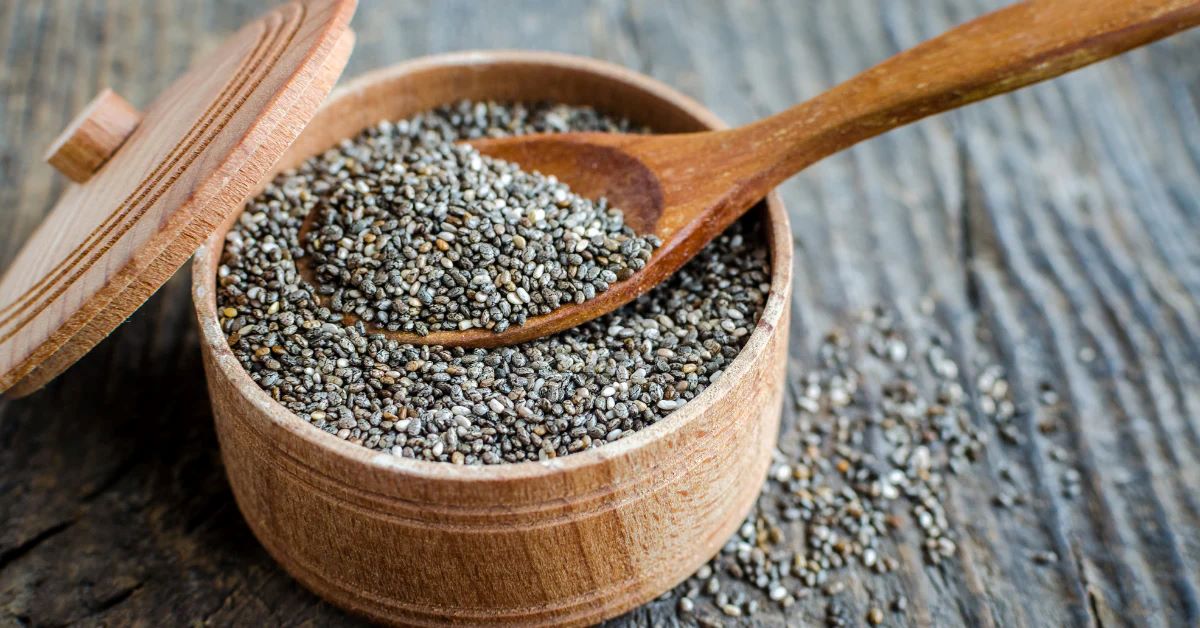As we age, our nutritional needs become more important than ever to maintain good physical and mental health. One food that is gaining popularity for maintaining health in senior citizens is chia seeds. In this blog post, we will explore the benefits of adding chia to your diet as a senior citizen as well as discuss any potential risks associated with their consumption.
We will examine what chia actually is and look at some of the key nutrients it provides. Furthermore, we will analyze the possible side effects of eating too much chia and what precautions one should take when introducing it into their diet. Finally, we'll end with some conclusions on how incorporating chia seeds into your meals can help promote healthier aging.
Introduction
As a senior, it's important to be mindful of your diet and ensure that you're getting the nutrients you need in order to stay healthy and active. Adding chia seeds to your diet could offer numerous benefits, but there are also potential risks associated with them.
In this blog post, we'll discuss the potential benefits and risks of adding chia seeds to your diet as a senior. We'll also provide tips on how you can incorporate chia seeds into your meals safely and effectively.
What Is Chia?
Chia is a superfood seed native to Mexico and Guatemala that has been gaining in popularity due to its health benefits. Chia seeds are nutritious, high in fiber and protein, and contain essential fatty acids such as Omega 3. While it's great for any age group, chia can be especially beneficial for seniors since the fiber helps with digestion, the antioxidants help protect against diseases, and studies have linked omega-3s with improved cognitive function.
Chia is easy to add to your diet – you can sprinkle it on top of cereal or oatmeal, put it in smoothies or salads or even make your own chia pudding! However, as with any new supplement, it’s always important to talk to your doctor before adding any new food to your diet.
Benefits Of Chia For Senior Citizens
Chia seeds provide senior citizens with many potential health benefits. They are packed with essential vitamins and minerals like calcium, phosphorus, magnesium, manganese, and zinc, which are all beneficial for maintaining optimal bone health.
Chia seeds also contain healthy omega-3 fatty acids which can help reduce inflammation in older adults and keep their hearts healthy. The high content of dietary fiber makes chia an excellent choice for older adults looking to improve digestion and reduce their risk of constipation. Finally, chia has also been shown to potentially improve cognitive function in older adults—making it a great addition to any diet as a senior!
Potential Risks Of Eating Chia As A Senior Citizen
As a senior citizen, you may be tempted to try adding chia seeds to your diet due to their rumored health benefits. But before you do, it is important to become aware of the potential risks associated with eating chia as an older adult.
Eating too many chia seeds can lead to digestive issues such as abdominal discomfort or diarrhea. Additionally, chia has been known to swell and expand when eaten in large quantities, creating a choking hazard for seniors with weaker swallowing reflexes.
Lastly, those who are sensitive to certain plant compounds may experience allergy-like symptoms after consuming large quantities of chia. Chia may also interfere with the absorption of other medications being taken and should be discussed with your healthcare professional before incorporating it into your diet.
Conclusion
In conclusion, chia seeds can offer a wide range of benefits for seniors. Chia seeds are a healthy source of dietary fiber, protein, omega-3 fatty acids, and antioxidants that can help support overall health and well-being in older adults.
However, it is important to take into account any potential risks before adding chia seeds to your diet such as allergic reactions or interactions with certain medications. Ultimately, consulting with a doctor or nutritionist prior to making any changes to your diet can help ensure the best possible outcome for you as an individual.


